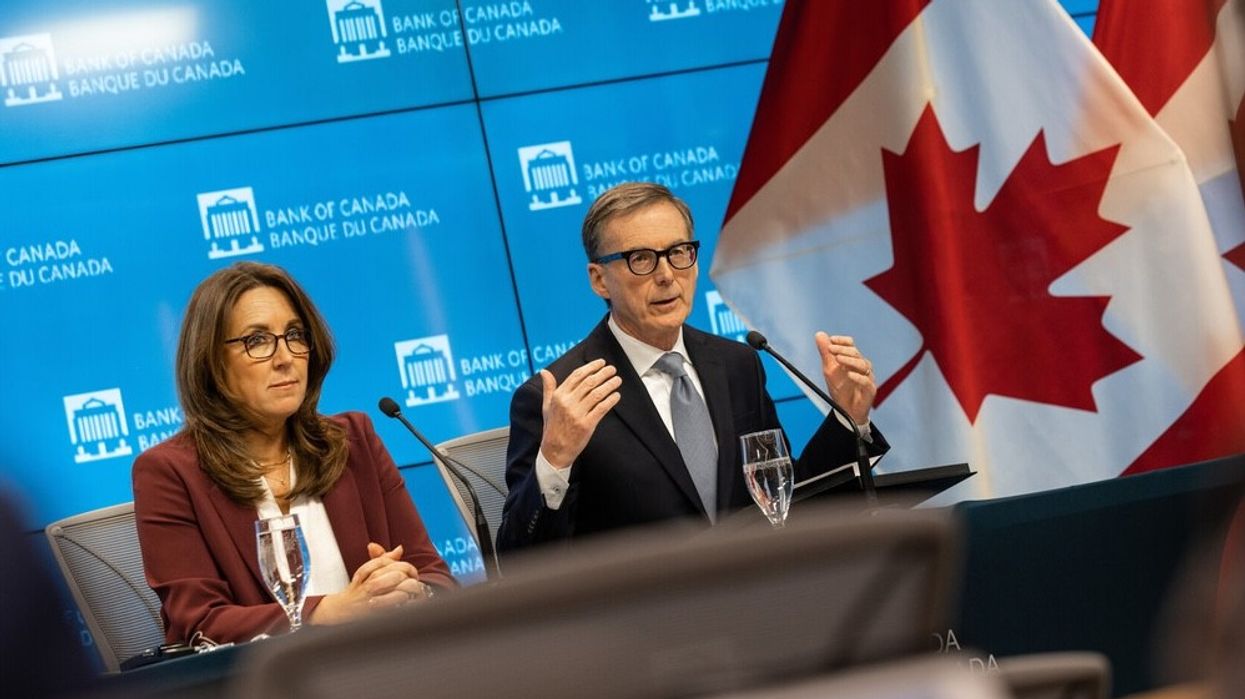Don't leave it to interest rates to fix Canada's ongoing housing affordability crisis, said Bank of Canada (BoC) Governor Tiff Macklem during a speech at the Montreal Council of Foreign Relations on Tuesday.
"Housing affordability is a significant problem in Canada — but not one that can be fixed by raising or lowering interest rates," Macklem said.
The BoC head instead pointed to other aggravating factors, like the lack of housing supply, exacerbated by "zoning restrictions, delays and uncertainties in the approval processes, and shortages of skilled workers."
"None of these are things monetary policy can address," Macklem added.
Macklem's sentiments, however, are likely of little comfort to Canadians struggling to make payments on their mortgage, particularly those who have had to renew in the current high interest rate environment, often seeing hundreds of dollars added to their monthly payments. In fact, a recent report from TD Economics predicted that by the end of 2024, 65% of all mortgage holders will see their monthly payments increase compared to February 2022, the month before the BoC began its rate hike cycle.
Macklem did acknowledge that "monetary policy has a big effect on housing" in this regard, but said that it can't "address long-running structural problems on the supply side."
"When the Bank of Canada raised its policy rate to fight inflation, that dampened housing demand," he said. "But higher interest rates increased the cost of borrowing, eroding housing affordability in a different way. Some of the run-up in housing prices would normally be expected to have reversed by now. But years of supply shortages and the recent increase in newcomers means house prices have declined only modestly."
Still, mortgage holders and would-be homeowners have been waiting with baited breath, hoping for interest rate cuts to start coming. With the BoC choosing to hold its policy interest rate at 5% during its most recent rate announcement in January, the waiting will continue.
Shelter prices are now the biggest contributor to above-target inflation, Macklem said, noting that this is partly a reflection of the rise in mortgage costs. Although inflation in most other durable and non-durable goods prices has come down, the bank believes more time is needed to "ease the remaining price pressures in these goods and services."
During his speech, Macklem said that the future of the bank's monetary policy will be dependent on "the evolution of growth and inflation." With economic growth slowing in mid-2023 and no anticipated boom in the near term, combined with an expected continuance of volatility in global oil and transportation costs, the path back to 2% inflation — the Bank of Canada's inflation target — "is likely to be slow and risks remain," Macklem said.
Because of this, the bank is forecasting that inflation remains around 3% throughout the first half of the year before declining to 2.5% by the end of 2024 and hitting the 2% target in 2025.
"With continued evidence that monetary policy is working, Governing Council’s discussion about future policy is shifting from whether monetary policy is restrictive enough to how long to maintain the current restrictive stance," Macklem said, hinting at potential future cuts, but stopping short of offering any specific timeline.





















